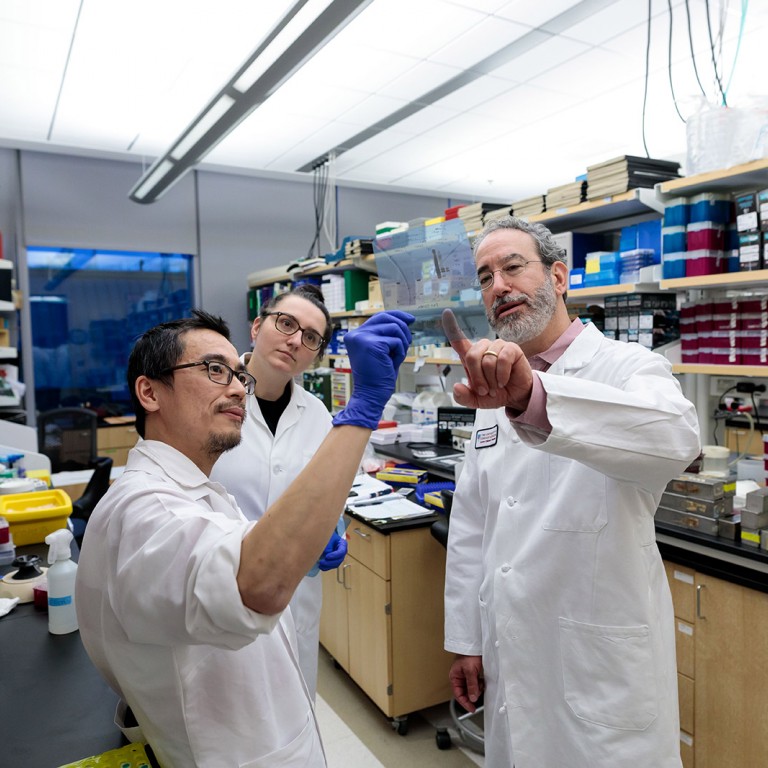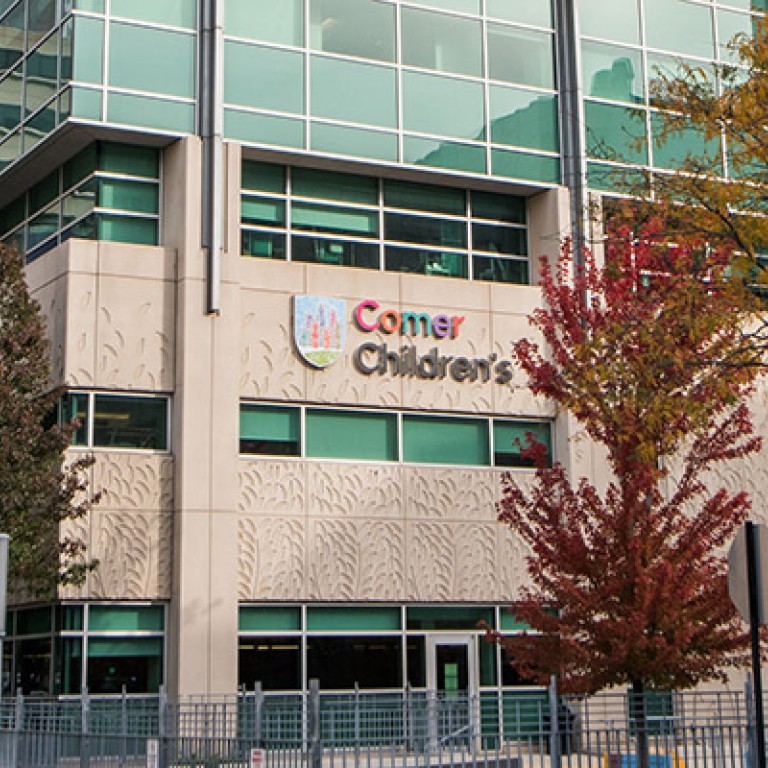The University of Chicago Medicine was part of a landmark clinical trial that led to approval by the U.S. Food and Drug Administration of the first oral immunotherapy treatment for peanut allergy in children and teens.
Peanuts are among the most common food allergies, affecting an estimated 1.6 million children in the United States, according to a 2018 study published in the journal Pediatrics. Palforzia, manufactured by Aimmune Therapeutics Inc., should significantly reduce the severity of allergic reactions, including anaphylaxis, after accidental peanut exposure.
“The patients I treated have universally expressed relief that they no longer have to live in constant fear that one wrong bite of something with peanuts will result in an emergency injection of epinephrine,” said Christina Ciaccio, MD, MSc, UChicago Medicine associate professor of pediatrics and medicine and the site’s principal investigator.
Ciaccio administered the treatment as part of a 2018 clinical trial funded by Aimmune Therapeutics. During the trial, patients at sites, including at UChicago Medicine Comer Children’s Hospital, received the treatment. The research was conducted in 10 countries across North America and Europe.
“I cannot emphasize enough what a game-changer it will be for both food allergy practitioners and patients to have an FDA-approved product to effectively treat peanut allergy,” Ciaccio said. “To date, we have not been able to do anything but tell patients to carefully monitor what they are eating and to always be prepared with an epinephrine autoinjector in case a reaction does occur.”
Aimmune Therapeutics has not yet announced when PALFORZIA will be available to patients.

Christina E. Ciaccio, MD, MSc - Associate Professor of Pediatrics
Christina Ciaccio, MD, MSc, provides compassionate care for children and adults with food and environmental allergies, allergic rhinitis, urticaria and angioedema, allergic rashes and asthma.
Contact me on Doximity



